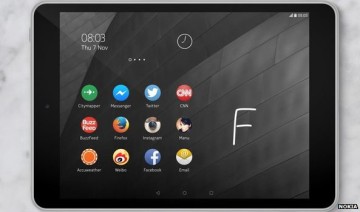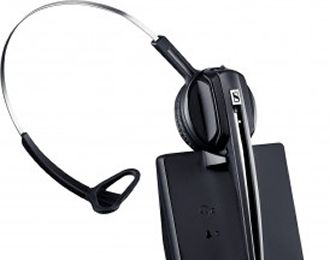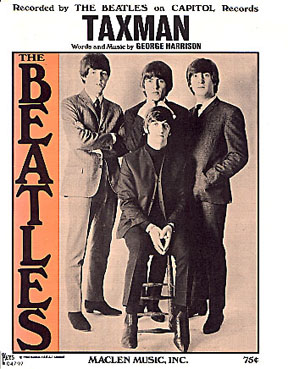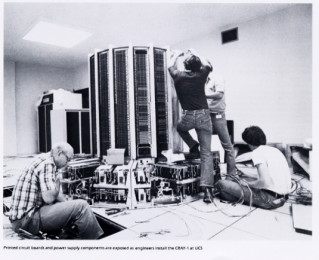 While the Tame Apple Press rants that Nokia’s N1 Android tablet copies the iPad, it seems they are missing the real story – the N1 was entirely made by Foxconn.
While the Tame Apple Press rants that Nokia’s N1 Android tablet copies the iPad, it seems they are missing the real story – the N1 was entirely made by Foxconn.
Nokia has collaborated with Foxconn to bring its first Nokia-branded, Android-powered device. The outfit is planning to start working on smartphones as soon as the restrictions posed by the Microsoft deal expire in 2015.
What is weird is that it is a Nokia device which has been made by an outfit which is supposed to have sold its Devices and Services business to Microsoft in a desperate move to get out of that business. Instead, the N1 is made by Chinese contract manufacturing company Foxconn.
Nokia is nowhere in the picture. Foxconn will be handling the sales, distribution and customer care for the device. Nokia is licensing the brand, the industrial design, Z Launcher software layer and IP on a running royalty basis to Foxconn.
N1 is a bog standard tablet. The device is powered by Android 5.0, aka Lollipop. N1 showcases a 7.9-inch 2048×1536 resolution screen with a full anodized aluminium body. Tt is using the industry standard Type-C USB reversible connector, but otherwise it is a standard high-performance tablet.
It runs Intel’s 64-bit Atom Processor Z3580 at 2.3 GHz and will have 2GB of RAM and 32GB of storage. The device has an 8-megapixel main camera and a 5-megapixel front camera.
But it is also unlikely to be seen in the US. Nokia is targeting China with N1, where it will be available for an estimated $249 in the first quarter of 2015 — around the Chinese New Year.



















